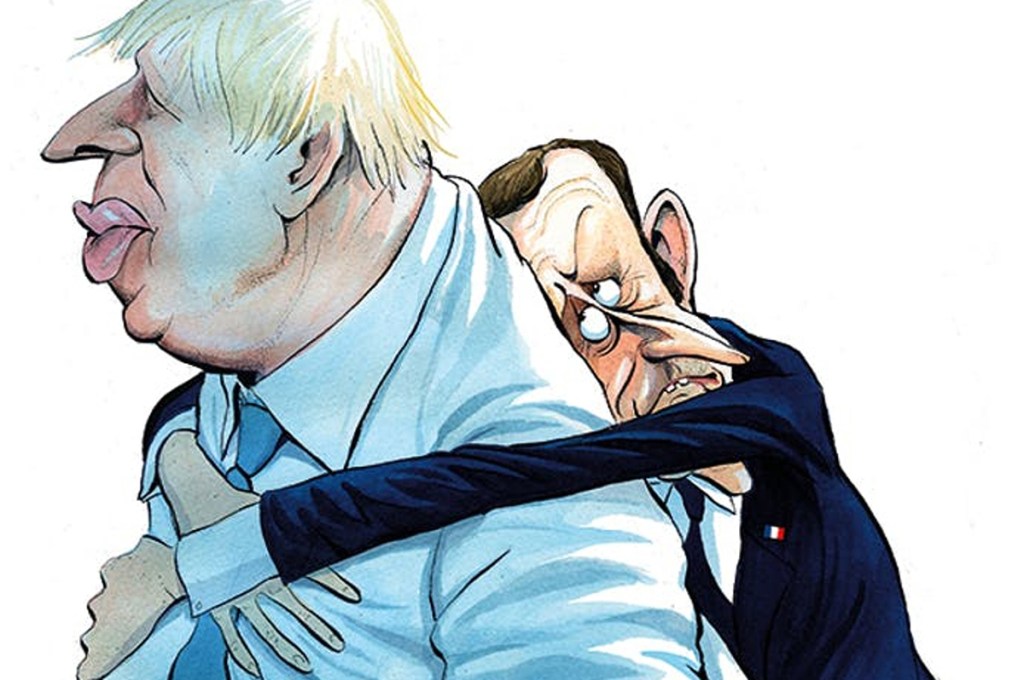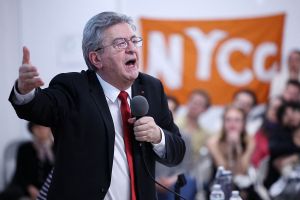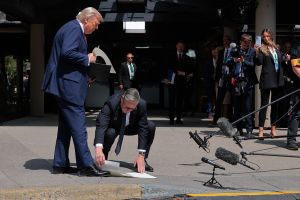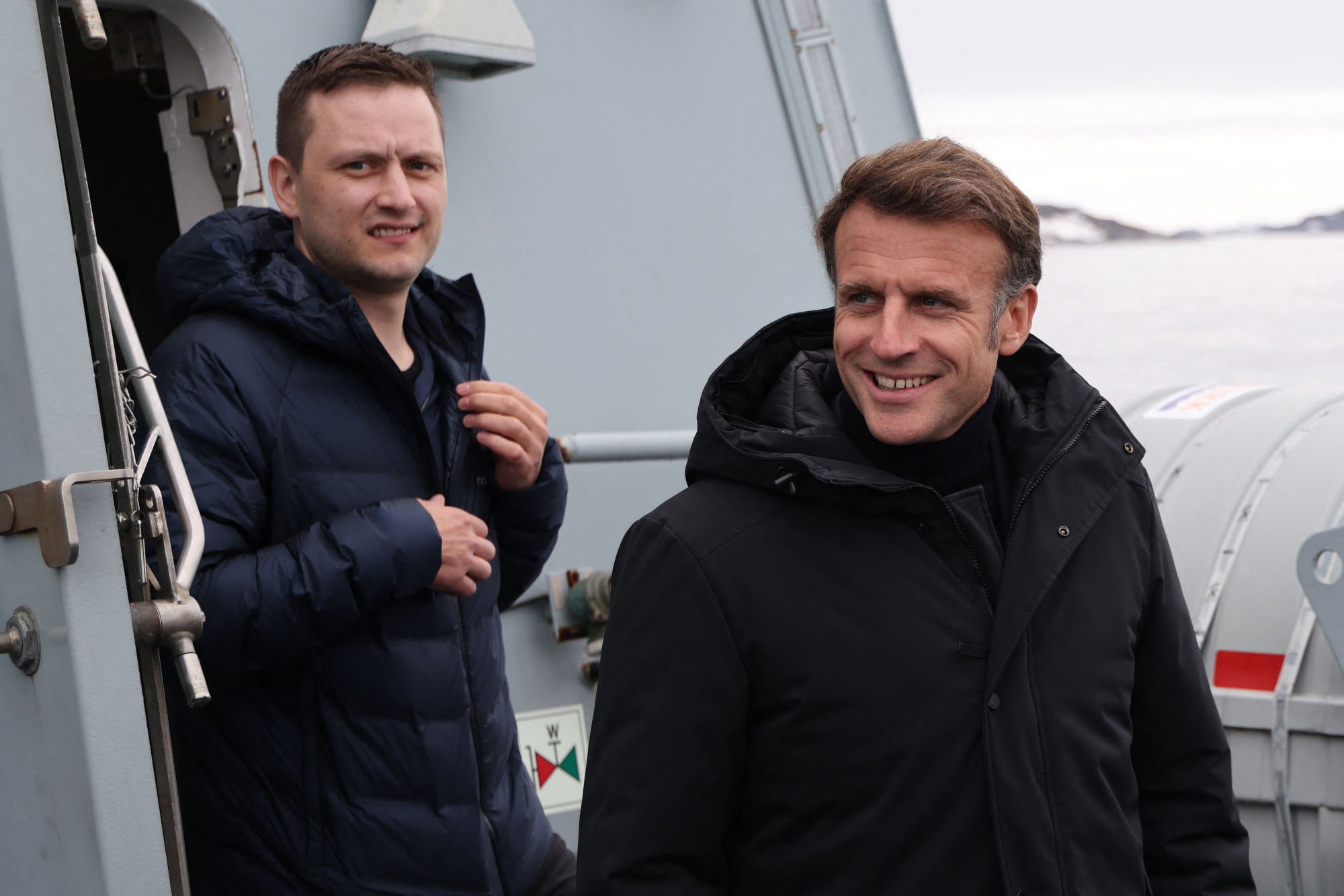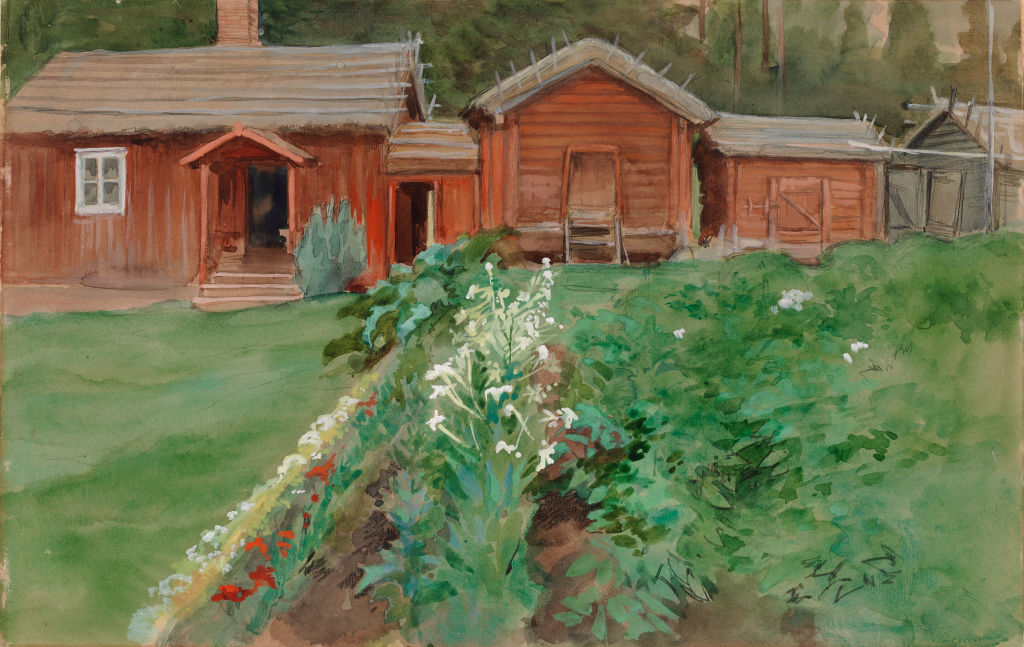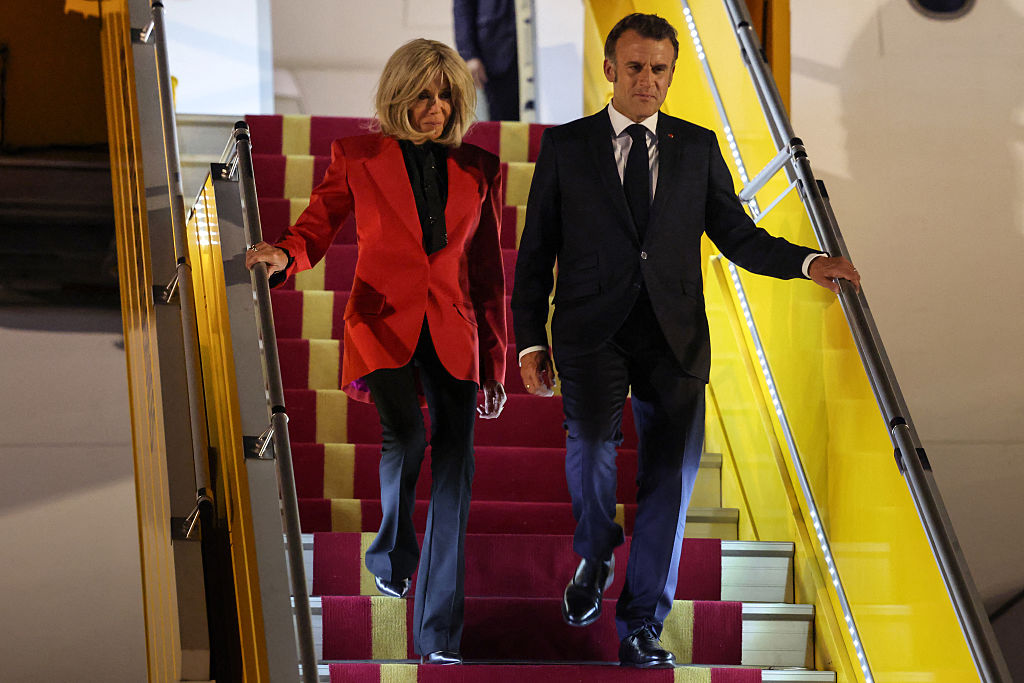‘I’d rather have lucky generals than good ones’, Napoleon — or Eisenhower — was supposed to have said, ‘they win battles’.
Emmanuel Macron is a good general, but not a lucky one. Since he stood for the presidential election in May 2017, he has demonstrated strategic ability in identifying the reforms France needs to modernize its economy. He has conducted those reforms with considerable courage in the face of strong opposition overhauling outdated labor laws, unemployment benefits, restrictive practices in the national railway system and now he is tackling the over-generous pension system.
And his strategy is beginning to show positive results for the French economy. 2019’s GDP at 1.2 percent is higher than Germany’s, job creation is up from 188,000 in 2018 to 260,000 in September 2019. Unemployment is down to 7.9 percent in mainland France, its lowest level for 11 years. New company creations have hit 815,000 in the fourth quarter of 2019, 36 percent up on the same period in 2017. Disposable income is up 2 percent while foreign investors are more positive than a few years ago, according to the latest Ipsos poll. Of course, Macron’s predecessor, Francois Hollande, has been quick to take the credit for some of these results. But Macron has driven the reforms further and wider than Hollande.
And yet last month, the editorial of the center-right weekly magazine Le Point headlined: ‘There is something broken in Macron’s kingdom’. Its star political editor joked: ‘In a contest of the unlucky, Mr Macron would win all the prizes’. Economic news is good, he added, but everything is against Macron: a stubborn and absurd ‘hatred’ of a sizable part of the French people, forthcoming municipal elections that look like they’ll be a disaster and the incompetence of his foot-soldiers in his En Marche party. His popularity has sunk to the grim levels of his predecessor in the 20 percent range. Last week, rumors swirled when an off-the-cuff remark to a teenager hinted he might not stand for re-election in 2022.
How do you explain this disjuncture between Macron the good general and Macron the unlucky? Macron by his meteoric rise to the presidency has been extremely fortunate. But for all its imagination, drive and courage, his presidential life is ultra-rational, leaving nothing to chance, being programmed and planned since 2017. Incapable of seizing the moment or benefitting from serendipity, as might a Thatcher, a Blair and above all a Boris Johnson, he grinds on into gilets jaunes riots and widespread public sector strikes accumulating not just distrust or dislike, but ‘hatred’ from a large body of opinion.
Some contend, however, that luck has shone on his presidency through the absence of a coherent opposition to the right or left of him. But that is a double-edged sword. Parliament’s weakness is considered a reason for French citizens taking so readily to the streets or to direct action. Similarly, low trade union membership in France can explain the radical nature of union demands pushed by a forceful militant grassroots base, eager for direct results that the leadership dare not ignore.
Judging Macron by more tangible political characteristics than mere luck, it is fair to say that he fails in two critical aspects of political leadership. First, in terms of presentation. Impressive as he is at large set-piece geo-strategic speeches or moving amongst world leaders, he still has the unfortunate knack of squandering benefits with a snide throw-away quip to an ordinary member of the public that goes viral. His public persona cloys to that of a heartless technocratic ex-banker, ‘le président des riches’.
Second, clever as he is, he still suffers from political intuition deficit. Macron demonstrates no political nous, instinct, gut-feel that would allow him to cash in on a serendipitous moment, à la Boris Johnson. Or if he attempts an improvisation he chooses the wrong moment.
Take his decision last week: as France became the second most coronavirus affected country in Europe, he calculated that this would provide cover to bury bad news. Against a foreground of French pandemic fears, the government announced that Macron’s unpopular pension legislation would be pushed through the National Assembly this week by a constitutional wheeze that denies further parliamentary discussion. This has worsened an already damaged political and public atmosphere. The bad news grabbed the headlines and roiled every corner of French civil society, from political parties to trades union and public opinion, sparking new strikes.
Added to that two more defections from his own party, taking the total to some 20. With local elections less than two weeks away, including the crucial Paris mayoralty, this is a serious strategic error that makes his absence of luck appear more like incompetence.
Unlucky general that Macron might be, he is good enough to win his pension battle, given the size of his parliamentary battalions. On he will move to his next campaign, probably reforming the civil service. In thinking of Emmanuel Macron’s generalship, you cannot but help think of Boris Johnson’s. The ying and yang of political leadership, with Boris in the role of the Flashmanly lucky soldier. But Macron will soldier on winning campaigns, albeit a scorched earth policy for France. For all his success in battle, a question mark hangs over Macron’s ability to win the all-important war of 2022.
Prof. John Keiger is a specialist of French history and former Research Director in the Department of Politics and International Studies, University of Cambridge. This article was originally published on The Spectato
r’s UK website.



